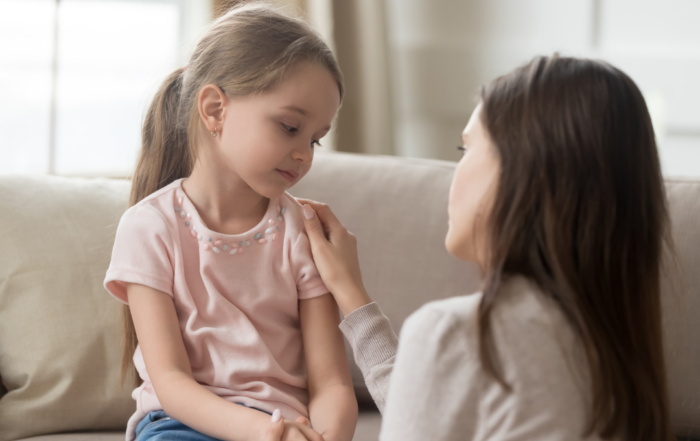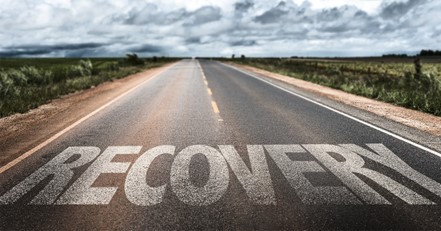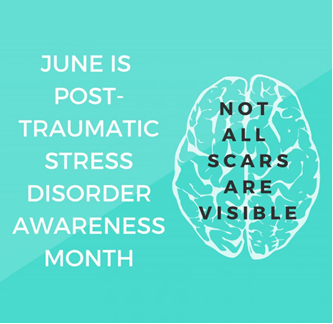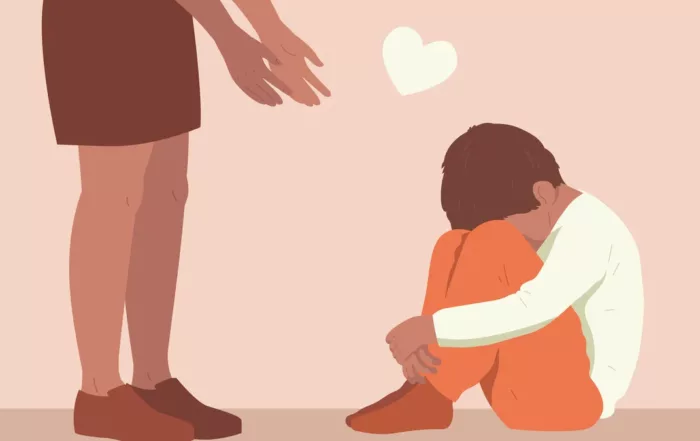By Amy Morin, LCSW
Although adults often say things like, “He was so young when that happened. He won’t even remember it as an adult,” childhood trauma can have a lifelong effect. And while kids are resilient, they’re not made of stone.
That’s not to say your child will be emotionally scarred for life if he endures a horrific experience. With appropriate interventions, adults can help kids recover from traumatic experiences more effectively.
But it’s important to recognize when your child may need professional help with dealing with a trauma. Early intervention could prevent your child from experiencing ongoing effects of the trauma as an adult.
Share This Post!
Post-Traumatic Growth
Psychology Today Post-Traumatic Growth is the positive psychological change that some individuals experience after a life crisis or traumatic event. Post-traumatic growth doesn’t deny deep distress, but rather posits that adversity can [...]
Talking to Children About War
Provided by the National Child Traumatic Stress Network The recent tragic events in Israel has impacted many directly who have experienced a personal loss or by witnessing this type of violence [...]
Key Ingredients for Successful Trauma-Informed Care Implementation
By Christopher Menschner and Alexandra Maul, Center for Health Care Strategies Because of the potentially long-lasting negative impact of trauma on physical and mental health, ways to address patients’ history of [...]
What is post-traumatic stress disorder (PTSD)?
By The National Institute of Mental Health Post-traumatic stress disorder (PTSD) is a disorder that develops in some people who have experienced a shocking, scary, or dangerous event. It is natural [...]
InBrief: Early Childhood Mental Health
Published by The Center on the Developing Child, Harvard University The science of child development shows that the foundation for sound mental health is built early in life, as early experiences—which [...]
At the Intersection of Autism and Trauma
By Lauren Gravitz Having autism can sometimes mean enduring a litany of traumatic events, starting from a young age. “We know that about 70 percent of kids with autism will have [...]







